The Oesper Collections and Museum in the History of Chemistry at the University of Cincinnati is pleased to present a new blog series, Oesper Collection Highlights. We will feature items from our amazing collections of rare books, prints and portraits, and online collections that will inspire and educate all. We thank our student intern, Brenna Kobes, for researching and preparing these posts. If you have questions about the Oesper Museum, please contact Ted Baldwin, Ted.Baldwin@uc.edu, Director of the UC Science and Engineering Libraries.
Our first installments in the Oesper Collection Highlights will celebrate African-American History Month. African-American Chemists selected for these profiles were early pioneers in the field – some were the first to achieve PhDs in chemistry, whereas others made significant contributions to study and practice. Sometimes their stories and voices have not been heard. We aim to highlight and celebrate these accomplished African-American chemists who contributed across the spectrum of the chemistry discipline.
St. Elmo Brady
Born in 1884 in Louisville Kentucky, St. Elmo Brady (Fig. 1) is known as the first African  American to earn a PhD in Chemistry. In 1905 he earned his bachelor’s in science from Fisk University which he would later return in 1927 to teach chemistry and organic chemistry, a position that he kept for 25 years until his retirement. While studying as Fisk, Brady met Thomas Talley who was a professor of chemistry at the university. His teachings helped to influence Brady and encourage his further studies in the field “I do not remember Thomas Talley for the chemistry he taught me, but for the encouragement and inspiration he gave me to go on” (Martin & Martin , 2006). He then completed his Master of Arts in Chemistry at the University of Illinois. There he co-wrote three papers with Professor Clarence Derick. Brady’s master thesis was written on the Scale Influence of Substitution in Organic Electrolytes (Fig. 2). Once finished, Brady began work on his
American to earn a PhD in Chemistry. In 1905 he earned his bachelor’s in science from Fisk University which he would later return in 1927 to teach chemistry and organic chemistry, a position that he kept for 25 years until his retirement. While studying as Fisk, Brady met Thomas Talley who was a professor of chemistry at the university. His teachings helped to influence Brady and encourage his further studies in the field “I do not remember Thomas Talley for the chemistry he taught me, but for the encouragement and inspiration he gave me to go on” (Martin & Martin , 2006). He then completed his Master of Arts in Chemistry at the University of Illinois. There he co-wrote three papers with Professor Clarence Derick. Brady’s master thesis was written on the Scale Influence of Substitution in Organic Electrolytes (Fig. 2). Once finished, Brady began work on his
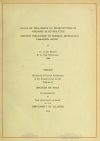
Fig. 2, MS thesis cover
Doctorate at the University of Illinois, where he worked in Noyes Laboratory. His thesis was written on the Divalent Oxygen Atom (Fig. 3).
In 1916, he accepted a position at Tuskegee University, then four years later he would move to Howard University. While at Howard, Brady became the chair of the chemistry department. Seven years later Brady would move once again, this time to Fisk University. Here he was chair of the Chemistry department and created the first graduate studies program at a black college. He
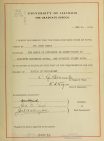
Fig. 3, PhD dissertation cover
spent 25 years here before retiring in 1952, leaving an impressive legacy behind. For all the teaching accomplishments that Brady is known for, very little is known about his published works. The works he did write were early in his career and were often co-authored with someone else. Besides his theses for both his Masters and Doctorate, the three abstracts he wrote with Professor Derick and the paper he wrote Professor Beal, the only other written work Brady did were three monographs on household chemistry for girls.
While there is a lack of published work for St Elmo Brady, it is hard to determine what could have caused this. While there is a real possibility that his work was rejected by publishers based on his race (Martin & Martin, 2006), it is also equally possible that Brady enjoyed teaching more than he did writing. Regardless of the amount of published works that Brady had, what cannot be ignored is the path he cleared for those who would follow him. Being the first at something takes courage to not only believe in yourself, but to also know that you are setting an example for so many to follow in the years to follow.
Author: Brenna Kobes (Intern, Oesper Collections in the History of Chemistry
Bibliography
Brady, St. Elmo (1884-1966). (n.d.). Retrieved from University of Illnois Urbana-Champaign Department of Chemistry: https://chemistry.illinois.edu/spotlight/alumni/brady-st-elmo-1884-1966
Martin, D. F., & Martin , B. B. (2006). St. Elmo Brady (1884-1966): Pioneering Black Academic Chemist. Florida Scientist, 116-123.
Noyes Laboratory at the University of Illinois. (n.d.). Retrieved from acs.org: https://www.acs.org/content/acs/en/education/whatischemistry/landmarks/noyeslaboratory.html#st-elmo-brady-biography

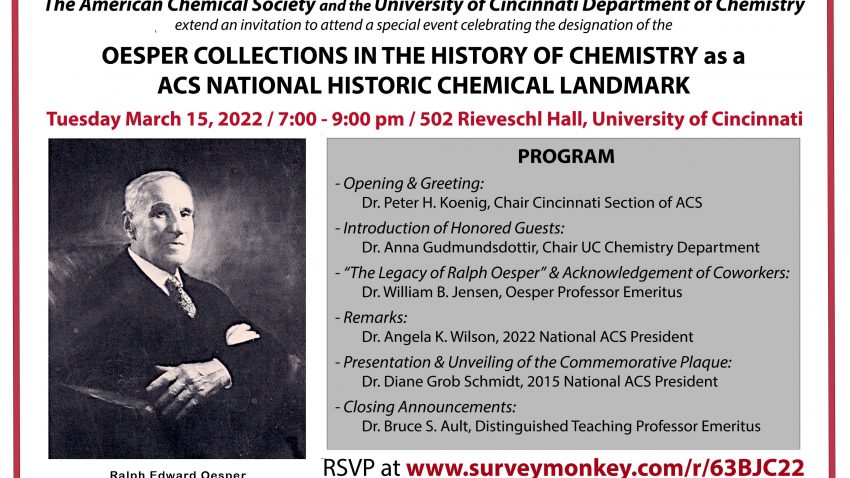
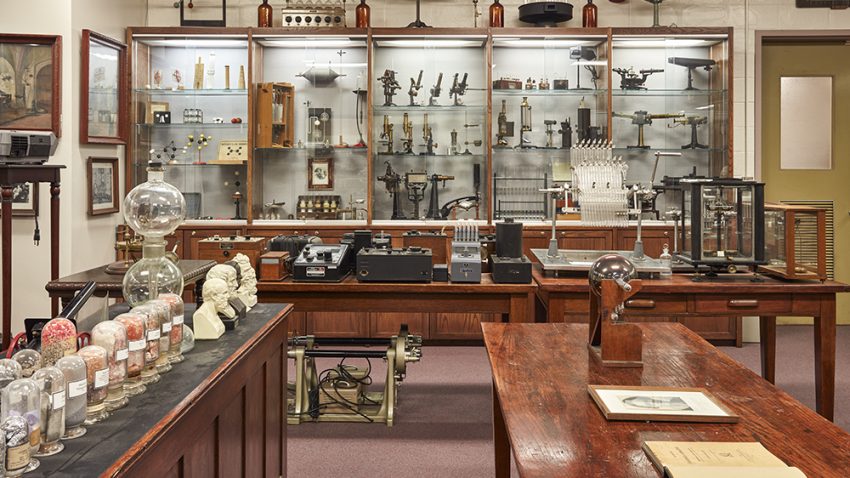
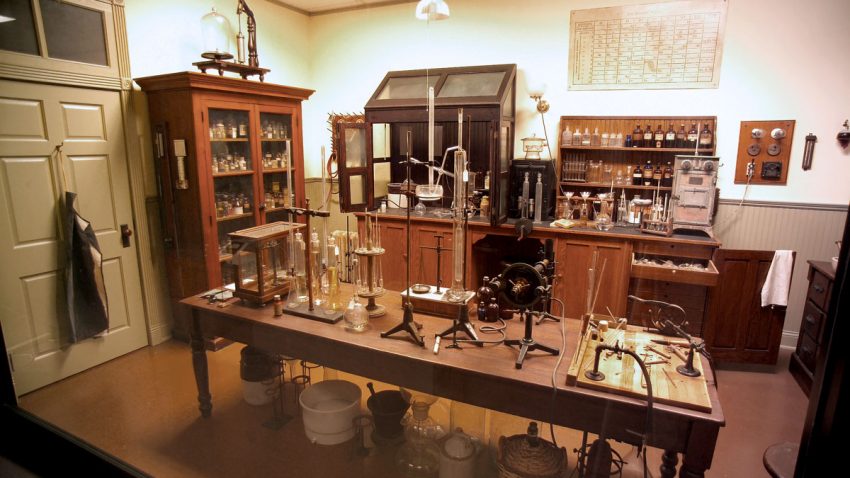
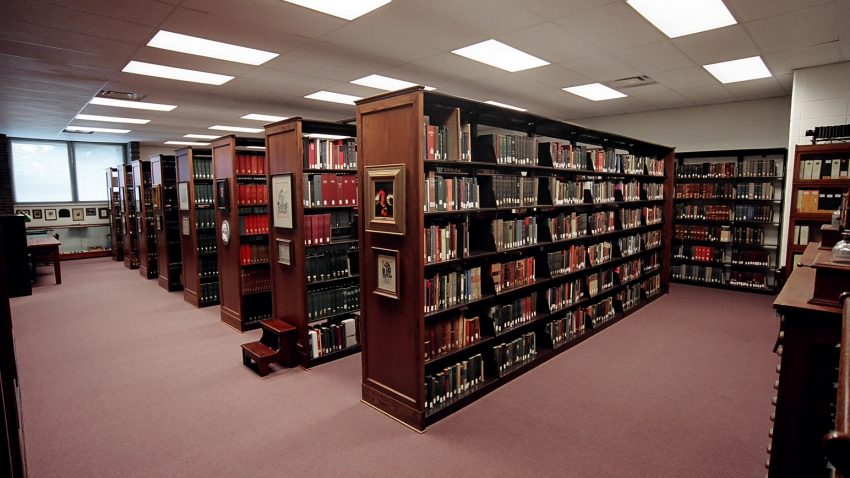
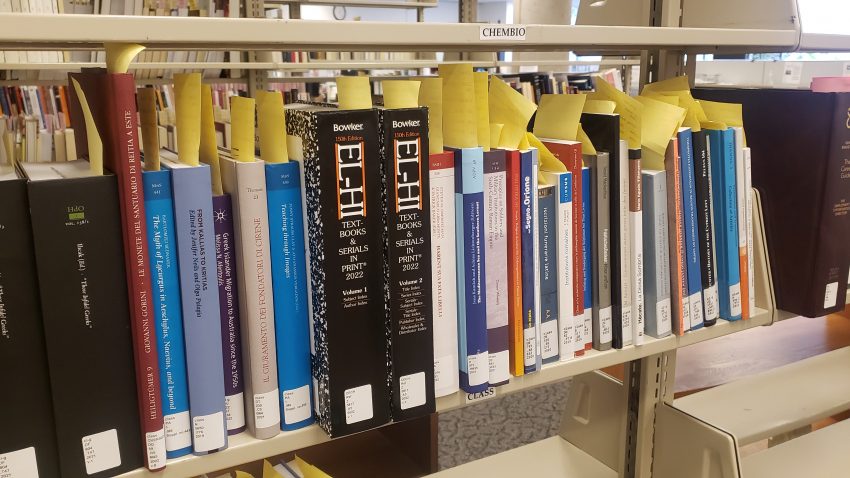 In order to address ongoing delivery issues with OhioLINK materials, the University of Cincinnati Libraries, along with the other college, university and public libraries in Ohio, is changing the
In order to address ongoing delivery issues with OhioLINK materials, the University of Cincinnati Libraries, along with the other college, university and public libraries in Ohio, is changing the 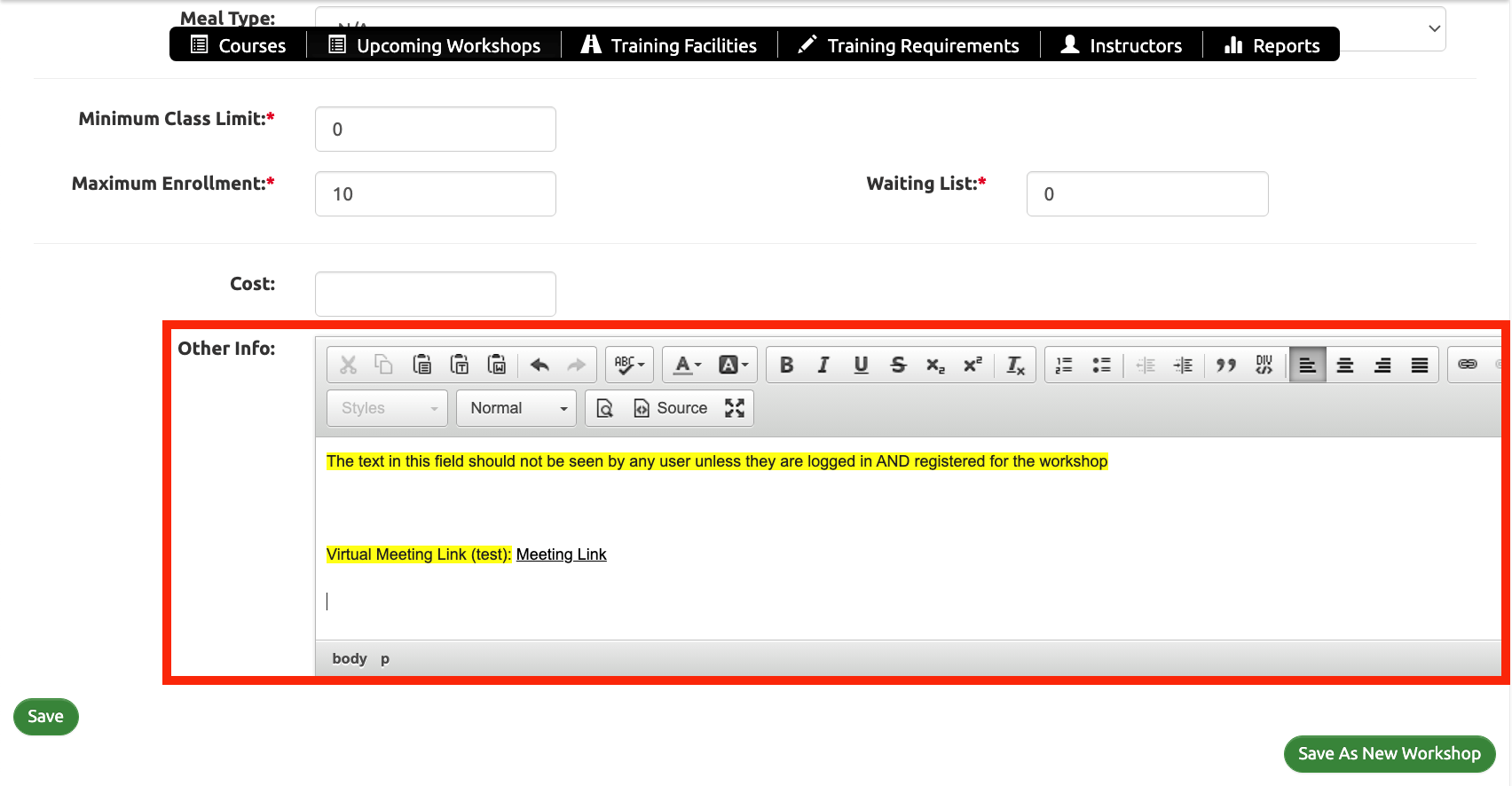
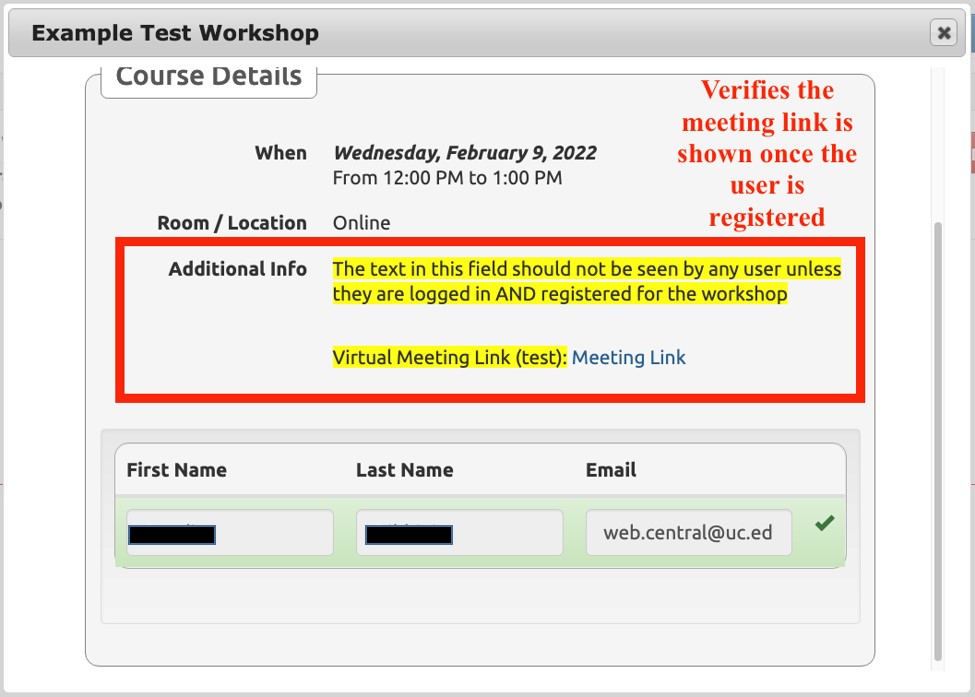
 American to earn a PhD in Chemistry. In 1905 he earned his bachelor’s in science from Fisk University which he would later return in 1927 to teach chemistry and organic chemistry, a position that he kept for 25 years until his retirement. While studying as Fisk, Brady met Thomas Talley who was a professor of chemistry at the university. His teachings helped to influence Brady and encourage his further studies in the field “I do not remember Thomas Talley for the chemistry he taught me, but for the encouragement and inspiration he gave me to go on” (Martin & Martin , 2006). He then completed his Master of Arts in Chemistry at the University of Illinois. There he co-wrote three papers with Professor Clarence Derick. Brady’s master thesis was written on the Scale Influence of Substitution in Organic Electrolytes (Fig. 2). Once finished, Brady began work on his
American to earn a PhD in Chemistry. In 1905 he earned his bachelor’s in science from Fisk University which he would later return in 1927 to teach chemistry and organic chemistry, a position that he kept for 25 years until his retirement. While studying as Fisk, Brady met Thomas Talley who was a professor of chemistry at the university. His teachings helped to influence Brady and encourage his further studies in the field “I do not remember Thomas Talley for the chemistry he taught me, but for the encouragement and inspiration he gave me to go on” (Martin & Martin , 2006). He then completed his Master of Arts in Chemistry at the University of Illinois. There he co-wrote three papers with Professor Clarence Derick. Brady’s master thesis was written on the Scale Influence of Substitution in Organic Electrolytes (Fig. 2). Once finished, Brady began work on his

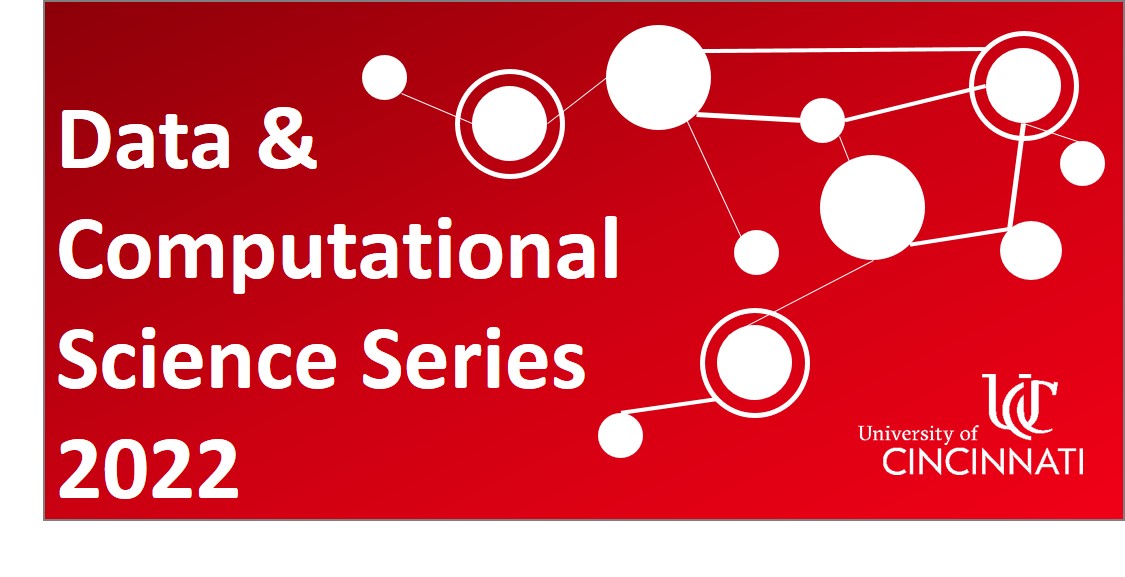
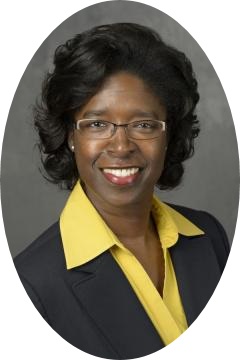
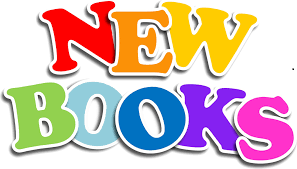
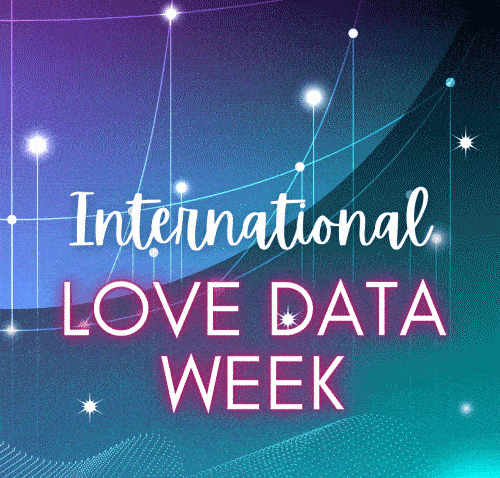
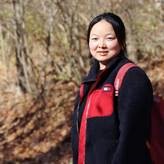 Man Qi is joining UC Libraries’
Man Qi is joining UC Libraries’